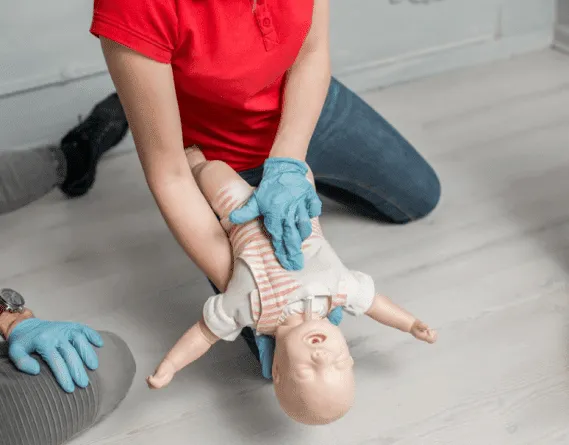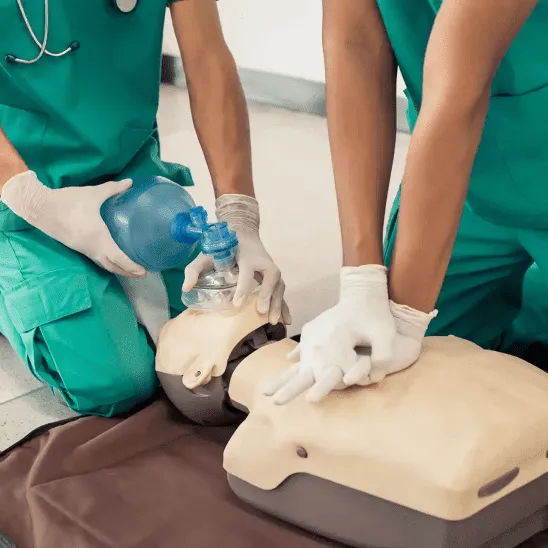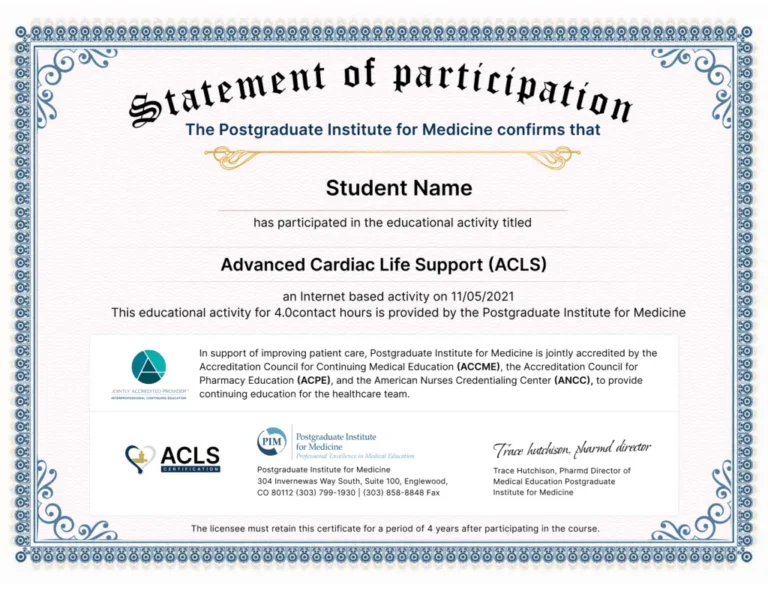PALS Certification Online
Get Your PALS Provider Card Today
Guaranteed Acceptance
4 CME/CE Credits Included

Pricing Plans
Basic
$ 30
Certificate Card valid for 6 months
- PALS Provider Card
- Course Syllabus and Study Guide
Best Value
$ 50
Certificate Card valid for 2 years
- PALS Provider Card
- 4 CME/CE Credits
- Full-size PDF Certificate
- Certificate Tracker
- Course Syllabus and Study Guide
- Full Access To Simulation
Standard
$ 45
Certificate Card valid for 1 years
- PALS Provider Card
- Course Syllabus and Study Guide
- Full-size PDF Certificate
- Certificate Tracker
Testimonials




PALS Course Curriculum
Course Overview
- Objectives and structure of the course
- Certification requirements
BLS Review for Healthcare Providers
- CPR for children and infants
- Use of an Automated External Defibrillator (AED) on children and infants
- Rescue breathing techniques
- Relief of choking
- Systematic Approach to Pediatric Assessment
- Initial impression
- Primary and secondary assessments
- Diagnostic tests
- High-Quality CPR for Children and Infants
- Importance of effective chest compressions
- Minimizing interruptions
- Airway Management
- Basic and advanced airway techniques
- Bag-mask ventilation
- Endotracheal intubation
- Recognizing and Managing Respiratory Distress and Failure
- Signs and symptoms
- Management strategies
- Recognizing and Managing Shock
- Types of shock (hypovolemic, distributive, cardiogenic, obstructive)
- Management strategies
- Cardiac Arrest in Children and Infants
- Pediatric Cardiac Arrest Algorithm
- Neonatal Resuscitation Algorithm
- Tachycardia and Bradycardia
- Tachycardia with a pulse algorithm
- Bradycardia with a pulse algorithm
- Post-Resuscitation Care
- Optimizing ventilation and oxygenation
- Managing hypotension
- Therapeutic hypothermia
- Medications in PALS
- Indications, dosages, and administration of common PALS drugs
- Epinephrine, Amiodarone, Lidocaine, Atropine, Adenosine, etc.
- Drug Administration Routes
- Intravenous (IV) and intraosseous (IO) access
- Endotracheal drug delivery
- Special Resuscitation Situations
- Resuscitation in special populations (e.g., newborns, children with chronic illnesses)
- Resuscitation in trauma, toxicology, and other special circumstances
- Megacode Management
- Simulated scenarios for cardiac arrest and other emergencies
- Team dynamics and communication
- Electrical Therapy
- Defibrillation
- Synchronized cardioversion
- Transcutaneous pacing
- Practice Tests and Quizzes
- Knowledge checks after each module
- Final Exam Preparation
- Practice exams
- Review of key concepts and algorithms
- Skills Assessment
- Demonstration of practical skills
- Final Written Exam
- Comprehensive test covering all course material
- Certification Process
- Instructions for obtaining PALS certification
- Renewal and continuing education requirements
- Additional Resources
- PALS guidelines and updates
- Further reading and reference materials
- Continuing Education
- Opportunities for advanced training
- Links to professional organizations and journals

Online BLS Certification Exam Details
- With our PALS online course, you can set your own pace and move through each chapter as you see fit. Once you’ve completed the chapters, passing the final quiz with a score of 75% or above will earn you the BLS online course certificate. This certificate remains valid for two years.

Frequently Asked Questions
Yes, many online portals offer CPR courses that can be completed entirely online. These courses typically include interactive modules, video lectures, and practice exams.
Yes, many online portals offer BLS courses that can be completed entirely online. These courses typically include interactive modules, video lectures, and practice exams.
The length of an online BLS course can vary depending on the provider and the level of certification you are seeking. However, most courses can be completed in a day.
Yes, most BLS courses require you to pass a written exam at the end of the course. Some courses may also include a practical skills assessment that must be completed in person.
Yes, if you pass the written exam and any required practical skills assessments, you will receive a certification indicating that you are qualified to provide pediatric advanced life support. This certification is typically valid for 2 years before it must be renewed.
A BLS course is designed for healthcare professionals who may encounter pediatric emergencies in their work, including doctors, nurses, EMTs, paramedics, and other healthcare providers.

